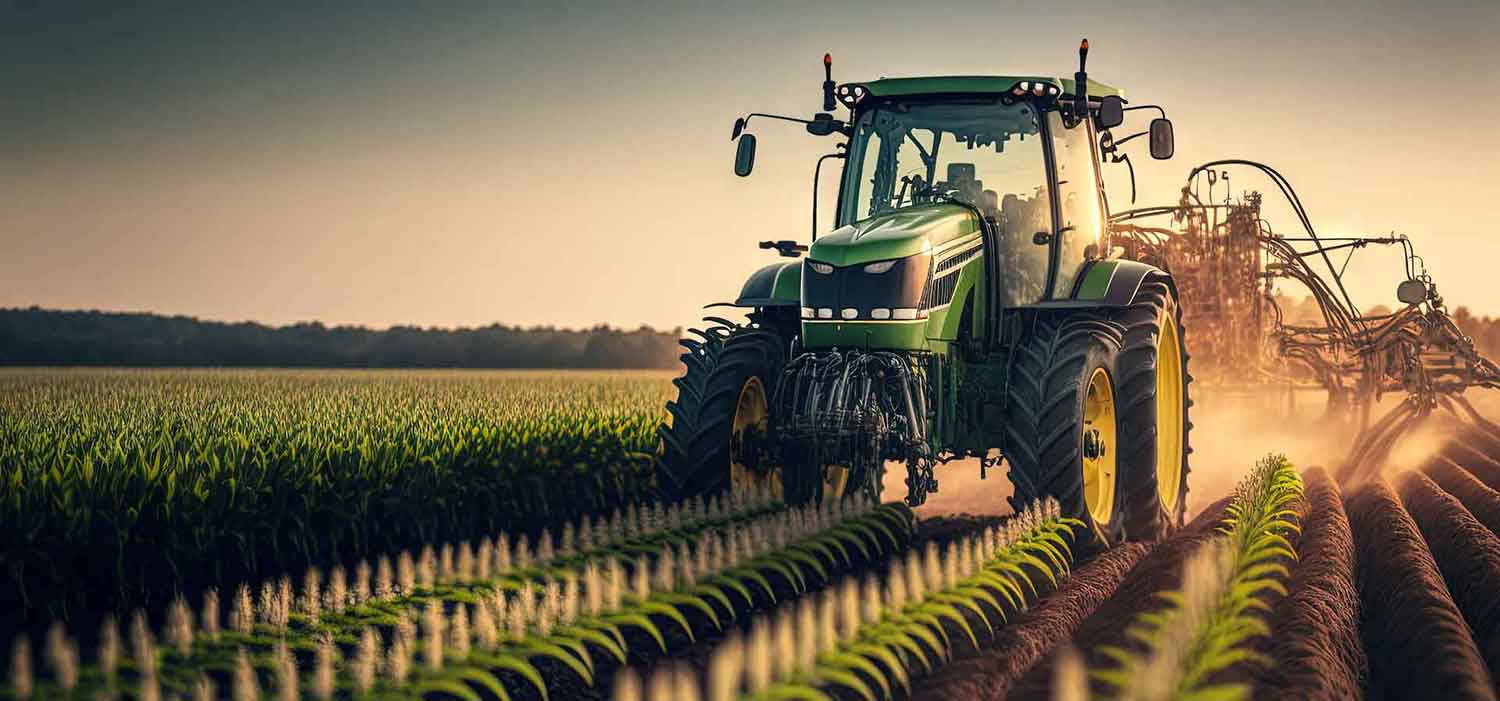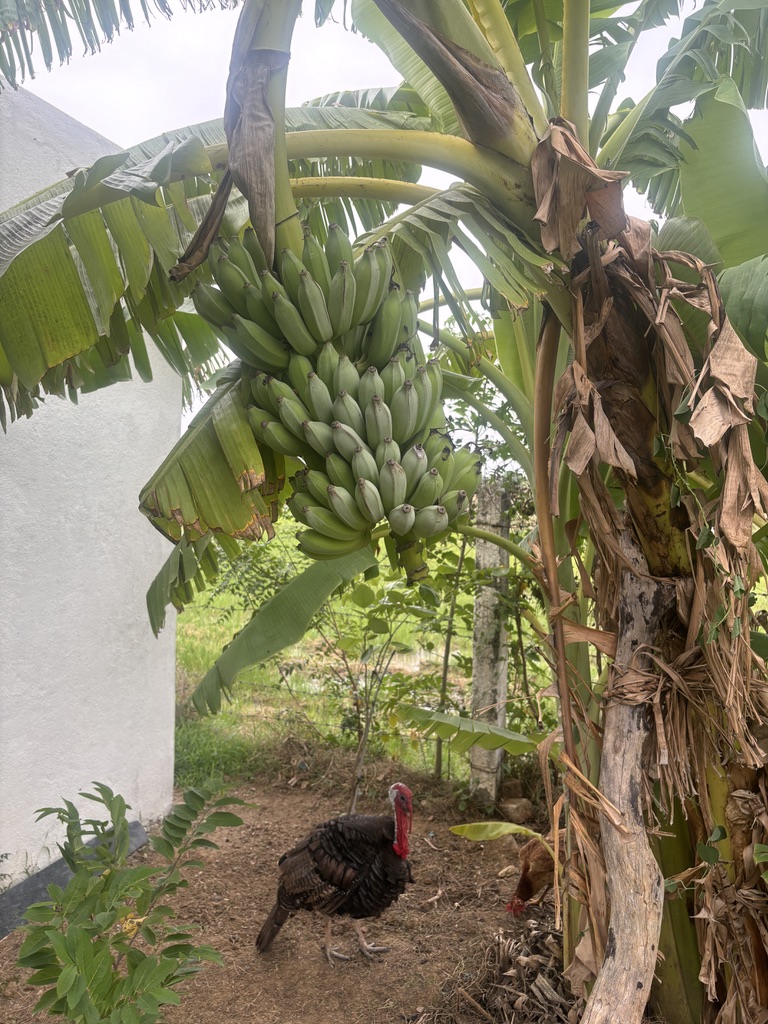
Understanding the Difference Between Organic Farming and Chemical Farming:
Why Mharan Farms Lives and Breathes Organic Farming
At Mharan Farms, we are committed to sustainable and health-conscious farming practices. As consumers become more aware of the benefits of organic food, it’s important to understand the differences between organic farming and chemical farming. Let’s explore why we at Mharan Farms choose organic farming and how it benefits you and the environment.
What is Organic Farming?
Organic farming is an agricultural method that focuses on producing food using natural processes and substances. It emphasizes the use of organic fertilizers such as compost, manure, and green manure, along with biological pest control methods. The goal of organic farming is to maintain ecological balance and conserve biodiversity.
Key Features of Organic Farming at Mharan Farms:
- Natural Fertilizers: We use compost, animal manure, and other organic materials to enrich the soil.
- Biological Pest Control: We employ natural predators and biopesticides to manage pests.
- Crop Rotation: Our practice of rotating different crops improves soil health and reduces pest buildup.
- No Synthetic Chemicals: We avoid synthetic pesticides, herbicides, and fertilizers entirely.
- Sustainability Focus: We aim to create a sustainable farming system that enhances soil fertility and biodiversity.

What is Chemical Farming?
Chemical farming, also known as conventional farming, relies on synthetic chemicals to enhance crop production. This method uses chemical fertilizers, pesticides, and herbicides to maximize yields and control pests and weeds. While it has contributed to significant increases in food production, it has also raised concerns about environmental and health impacts.
Key Features of Chemical Farming:
- Synthetic Fertilizers: Uses chemical fertilizers to provide nutrients to crops.
- Chemical Pesticides: Relies on synthetic pesticides to control pests and diseases.
- Monoculture Practices: Often involves growing a single crop species over a large area.
- High Yield Focus: Aims to maximize crop production and efficiency.
- Environmental Concerns: Can lead to soil degradation, water pollution, and loss of biodiversity.
Why Mharan Farms Chooses Organic Farming
1. Impact on Soil Health
- Organic Farming: At Mharan Farms, we enhance soil fertility and structure through the use of organic matter. Practices like crop rotation and cover cropping help maintain soil health.
- Chemical Farming: Can lead to soil degradation over time due to the heavy use of synthetic chemicals. Continuous monoculture practices can deplete soil nutrients.
2. Environmental Impact
- Organic Farming: Our practices promote biodiversity and reduce pollution. By avoiding synthetic chemicals, we minimize the risk of water contamination and soil erosion.
- Chemical Farming: Can harm the environment through pesticide runoff, water pollution, and the destruction of beneficial insects and wildlife habitats.
3. Human Health
- Organic Farming: Mharan Farms produces food free from synthetic chemicals, reducing the risk of pesticide exposure for consumers and farmworkers.
- Chemical Farming: The use of synthetic pesticides and fertilizers can leave residues on food, potentially posing health risks to consumers and farmworkers.
4. Productivity and Yield
- Organic Farming: While organic methods may have lower yields compared to chemical farming, we focus on quality and sustainability.
- Chemical Farming: Often achieves higher yields and is more efficient in large-scale production but may compromise on long-term sustainability.
Conclusion
At Mharan Farms, we believe in the power of organic farming to create a healthier and more sustainable future. By choosing organic farming, we prioritize environmental health, soil fertility, and food safety. Our commitment to these principles ensures that you receive the highest quality produce while contributing to a better planet.
Support Mharan Farms and join us in promoting sustainable and healthy farming practices. Together, we can make a positive impact on our health and the environment.
#OrganicFarming #Sustainability #MharanFarms #HealthyLiving #EcoFriendly #FarmToTable #GreenAgriculture #NaturalFarming #SoilHealth #Biodiversity
